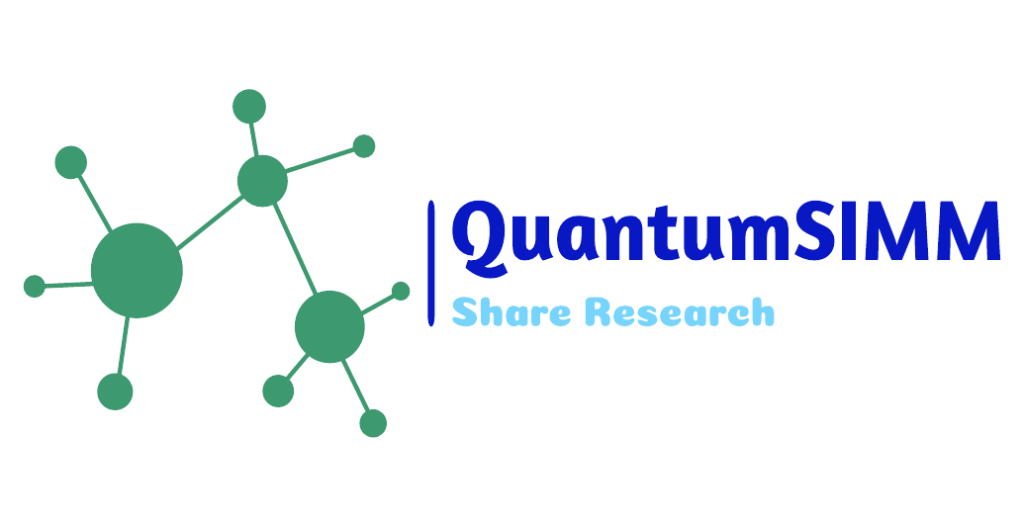=================================================================================================================================
"Learning is an experience. Everything is just an information".........Anonymous.
=================================================================================================================================
Our main goal is to provide a platform for independent researchers working in computational chemistry, physics, and other related fields to explore materials and molecules. We encourage active participation with researchers from various disciplines through research, sharing, and collaboration in order to address fundamental scientific challenges at the highest level. As a team, identifying and unraveling the research problems, working collectively, to answer complex scientific questions are the key elements for the successful completion of any project. Independent researchers can research and publish their work with quantumSIMM. This will open new doorsteps of opportunities for those who have great ideas that benefit the society.

Computational Chemistry is one of the most exciting and rapidly growing fields in modern science, where computer algorithms and mathematical models are used to understand and predict molecular behavior. QuantumSIMM.blogs provide an excellent platform for discussing various aspects of the computational chemistry field, such as the development of new algorithms and software tools, and their applications in chemistry, physics, drug discovery and design, materials science, energy research, and environmental studies.
The scope of QuantumSIMM can range from tutorials for beginners to reviews of recent research articles and study material in the field. One important aspect could be to discuss the latest publications in computational chemistry and highlight their key findings and implications. This would require keeping tabs on the latest research being conducted and sharing insights with readers.
Another aspect could be to dive into the technical details of different algorithms and models used in computational chemistry, helping readers gain a deeper understanding of the methodology and concepts behind the calculations. This is especially critical to professionals in the field who want to advance their skills and stay up-to-date with the latest advances in technology.
A third aspect could be to explore how computational chemistry is transforming other areas of science and engineering, highlighting the newfound role of data-driven approaches in chemical discovery and design.
The blog could also explore trends toward open-access and reproducible research practices, which are gaining traction in computational chemistry.
QuantumSIMM ensures the potential to inform, educate, and inspire readers who want to learn more about this fascinating field. As someone who loves to learn new things, It is needless to say, that staying up-to-date with the latest developments in computational chemistry can be incredibly rewarding!
QuantumSIMM offers research-oriented content in computational chemistry and explores other areas as well, such as electronic structure methods for computational chemistry, mass spectrometry, food and flavor analysis, reaction kinetics, and materials.

Using computational chemistry-based electronic structure methods, we are interested in the different material properties.
The above list is not exhaustive, as there are endless possibilities for learning and applying what is learned to appraise new methods and materials.
QuantumSIMM TEAM

Manjeet Bhatia (PhD Physics)
Manjeet Bhatia on ResearchGate
Mass Spectrometry, Gas-phase Ion Chemistry, Computational Chemistry, Condensed Matter Physics, Machine Learning, Catalysts, and Reaction Kinetics.
 manjeet.bhatia@quantumsimm.com support@quantumsimm.com
manjeet.bhatia@quantumsimm.com support@quantumsimm.com




